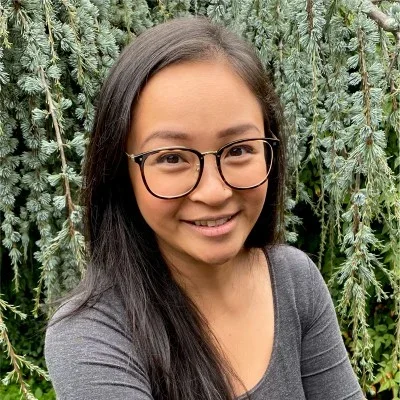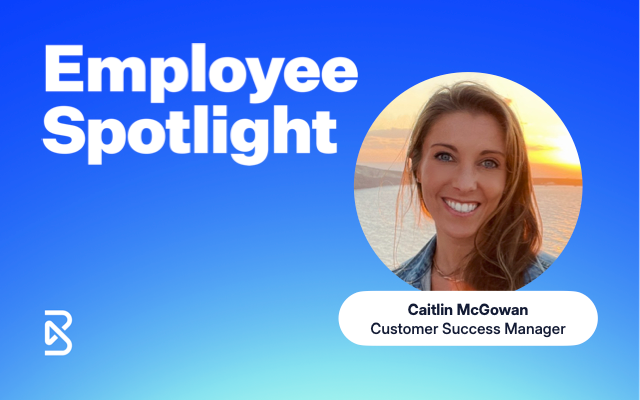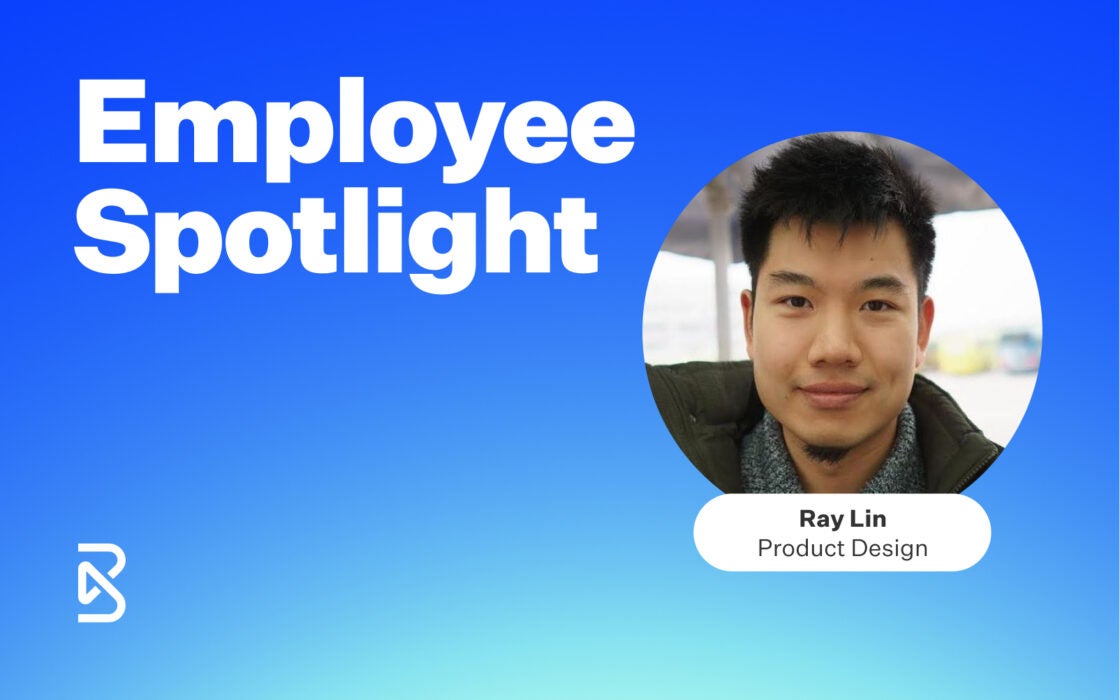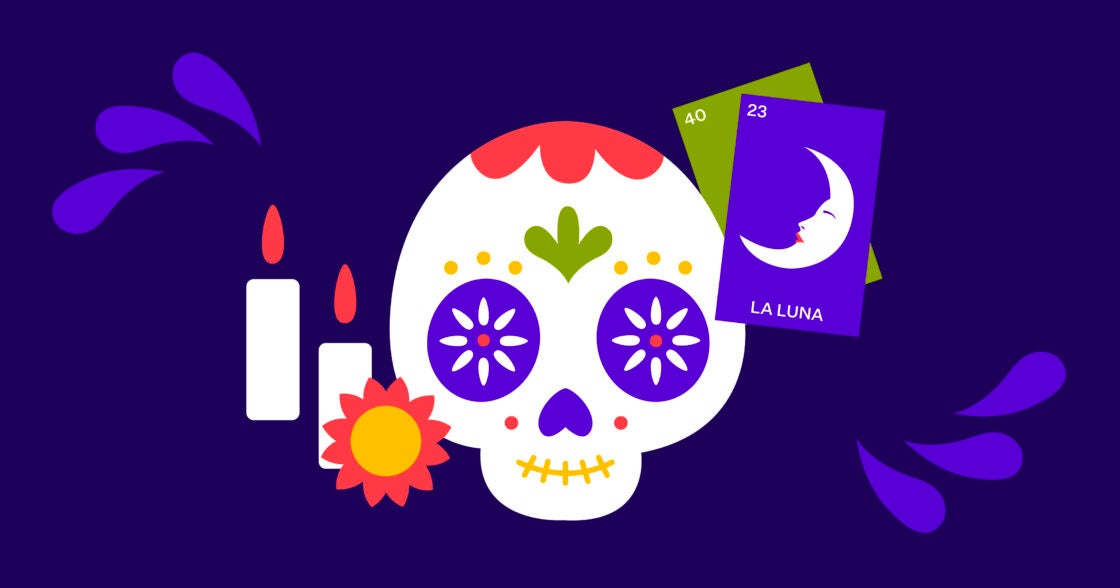April 5, 2022 in Blendkind
Advocating for financial inclusion
Get to know Blend’s Product Equity and Enablement Lead, Joanne Lacsina, as she discusses advocacy, allyship, and how her new role contributes to financial inclusion.


Advances in digital financial services have been critical for expanding access to both underbanked and unbanked consumers. Creating innovative products gives us a unique opportunity to be at the forefront of financial inclusion. Which is why it is both a moral and a business imperative for Blend to give careful consideration to the needs and circumstances of all current — and potential — product users.
In 2021 we announced our Equitable Ecosystem Initiative (EEI), Blend’s commitment to increasing access and equity in housing and financial services through our product, particularly focusing on features that enable more equitable outcomes for borrowers. Enter Joanne Lacsina. Joanne recently joined Blendkind in a first-of-its kind position at Blend as our Product Equity and Enablement Lead.
Joanne is responsible for leading the EEI, which has a mission to build technology that drives financial inclusion and opens access to generational wealth building. Engaging in thought partnership and working with the product team to develop inclusive technology solutions are just two of the ways she helps deepen Blend’s relationship with customers and partners. We recently had the opportunity to sit down with Joanne and learn more about her life, her professional path, and her future with Blend.
Forging a path to financial inclusion
Could you begin by telling us a little about yourself?
Well, I was born and raised in the Bay Area and live in Oakland with my family. I went to UC Berkeley (go Bears!) for my undergrad and moved to the wonderful city of Chicago for a couple of years for graduate school. I came back to the West coast where the majority of my family is and for the awesome weather. I love spending time with family and friends over good food, drinks, music, and being active in the great outdoors. I’m also a new mom, my son just turned one, and my husband and I have been exploring fun new places to introduce him to.
What sparked your interest in DIB work? And how did you end up at Blend?
My parents immigrated to the U.S. from the Philippines. I’m the first one born here. My whole family places a huge premium on education and believes it made our rise from poverty in the Philippines to success in the U.S. possible. My work and passion started in the education space, but seeing and experiencing the inequity that people of color and other minorities face, as well as the other social justice issues that plague our country, led me to become an advocate and ally. When this role opened up at Blend, I saw the direct connection to my values and an opportunity to use the skills I’ve developed to help others in financial inclusion.
Your role is the first-of-its kind at Blend. How would you describe it?
I would say that I get to work with our customers to understand what the needs are for their underbanked communities and solution with them. And then I work with the product team on how we might improve our platform so that unbanked and underbanked people can have greater access to credit or loans that they might need.
What is something that you’re really passionate about working on in your current role?
I’m passionate about it all. But something that I spend time on every day is building out the infrastructure that makes doing this work possible. This role is new, and not just at Blend. In order for it to be successful, I need to consider how and when I engage with other teams, build collateral that enables my colleagues to support the EEI, and develop new processes as I learn from others. This work is so important. And being thoughtful, purposeful, and strategic is the best way to set everyone up for success.
There is so much meaningful work ahead. How does it make you feel?
I’m super excited because the work we’re doing really has the ability to make a huge impact. It’s an opportunity to help the economy. But it’s also a social justice issue. This work will impact all of these individual lives in an industry where historically there hasn’t been a lot of movement.

Want to learn more about our financial inclusion efforts?
Find out what we're up to!
Subscribe to get Blend news, customer stories, events, and industry insights.


